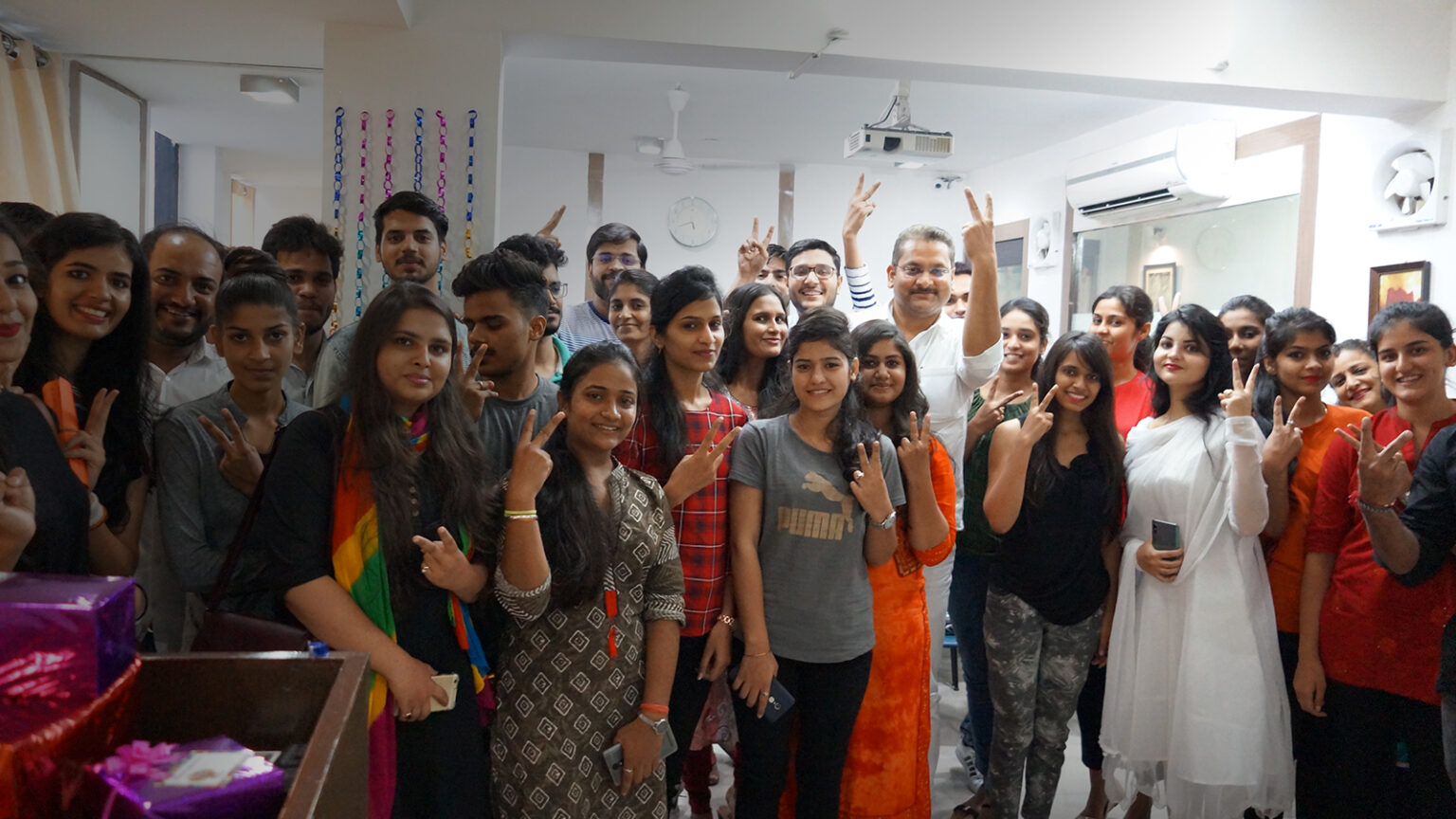Introduction
Blessed with the divine grace of Sri ‘BALAJI MAHARAJ (Hon. Director), the INDIAN INSTITUTE OF IAS ASPIRANTS (IIIASA), established by Mr. Sajan Pratap Singh (Founder Director)is marked by a spirited ‘endeavor’ to provide the most conducive environment for learning with an objective to impart not only a competitive edge to the IAS aspirants but also to empower them intellectually and morally so that they could make a more valuable contribution in the furtherance of our national interest. India Institute of IAS Aspirants institute is ‘esteemed’ high in terms of providing an integrated and comprehensive ‘pre-selection’ and ‘post-selection training to the candidates. Thanks to its ‘ mission-driven ‘approach, the institute has developed a distinct identity of its own in terms of calibrating core traditional ‘values’ of teaching with modern technological paraphernalia’ to bring out the best in the students which has been attested to by its scintillating achievements. The institution has registered one of the highest ‘success to enrollment’ ratio in the country. “Esteemed’ high in terms of institutional integrity and credibility among the students, IlIASA remains committed to elevate the standard of education to a new high.

Philosophy
“A child miseducated is a child lost”
Teaching is an act of moral responsibility based on mutual trust and confidence. At IIIASA, we believe that teaching is an influencing process to empower students to develop a multi-dimensional understanding of environmental dynamism. The core of teaching lies in developing the power of interpretation and analysis rather than thrusting information upon students. It must instill confidence and an insatiable intellectual quest in students capable of surpassing all the limits of teaching itself. Teaching is the greatest act of optimism which is much more than sharing knowledge. involves the transference of energy, hope, and possibilities
Methodology
The Best of Technology can be a servant only to a good teacher A scientific methodology of teaching necessarily involves a ‘rhythmic’ movement from the basic to the ‘applied’ aspect of the subject matter, be it the Polity, Economy Geography & ecology with the help of relevant examples. It is about developing the ability to apply knowledge to the given situation; to strike a fine ‘balance’ between conflicting values; developing a scientific temperament to appreciate things around us with a more stable intellectual disposition; to developing an insatiable quest to appreciate the world around us; to develop the ability to draw an integrated picture of subject matter in question; to think, to organize and to give expression to the same. No doubt, it is a long-drawn process that warrants lot of energy, perseverance, and an unflinching commitment.